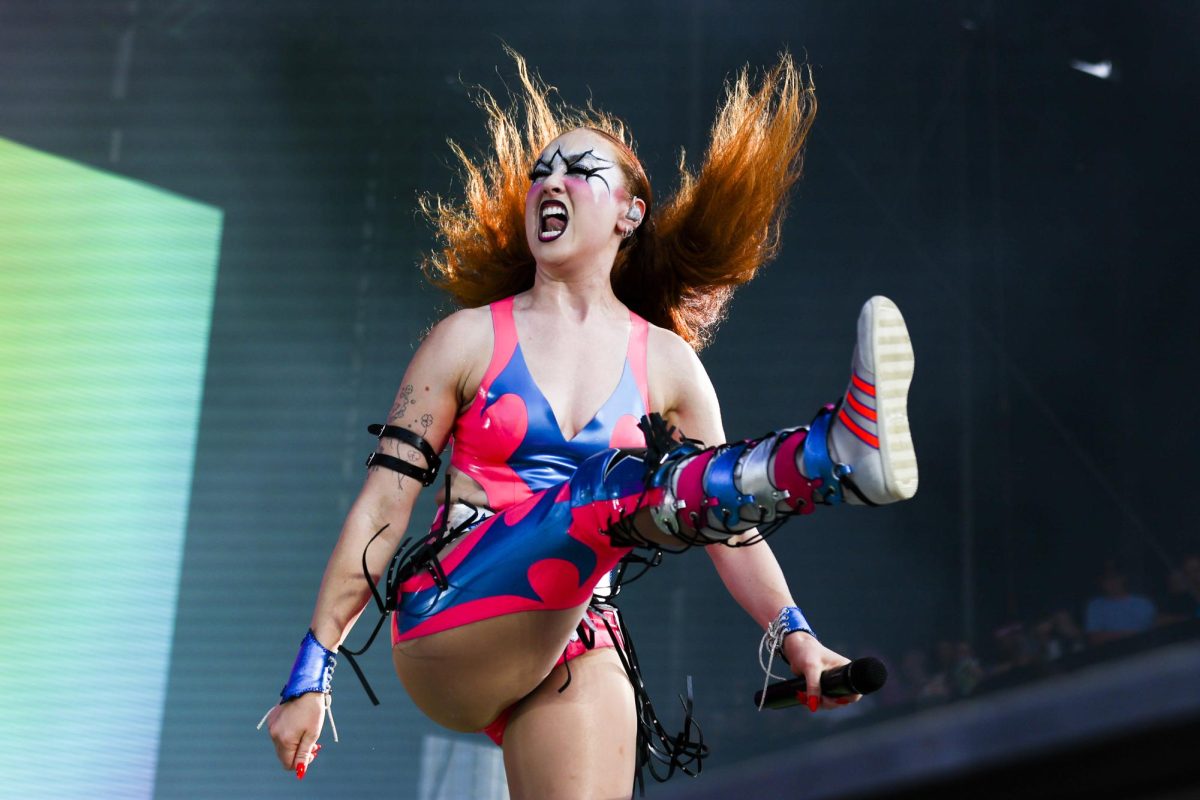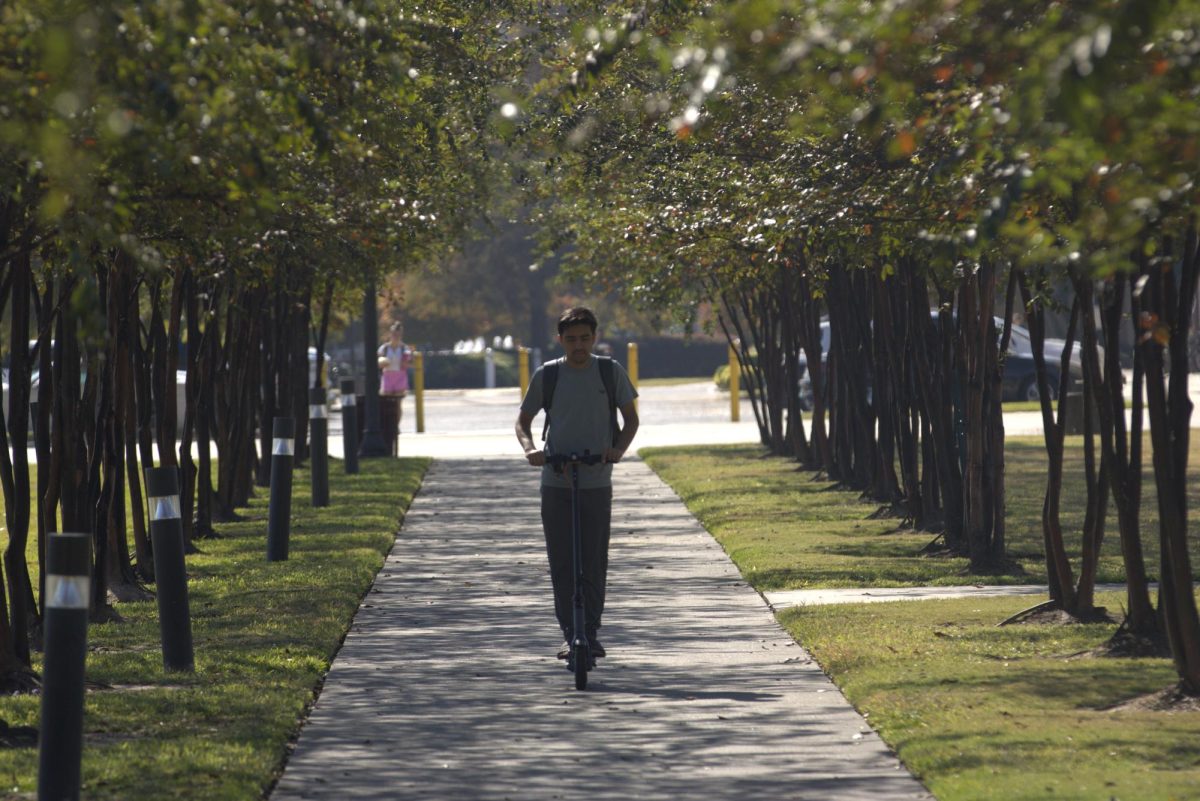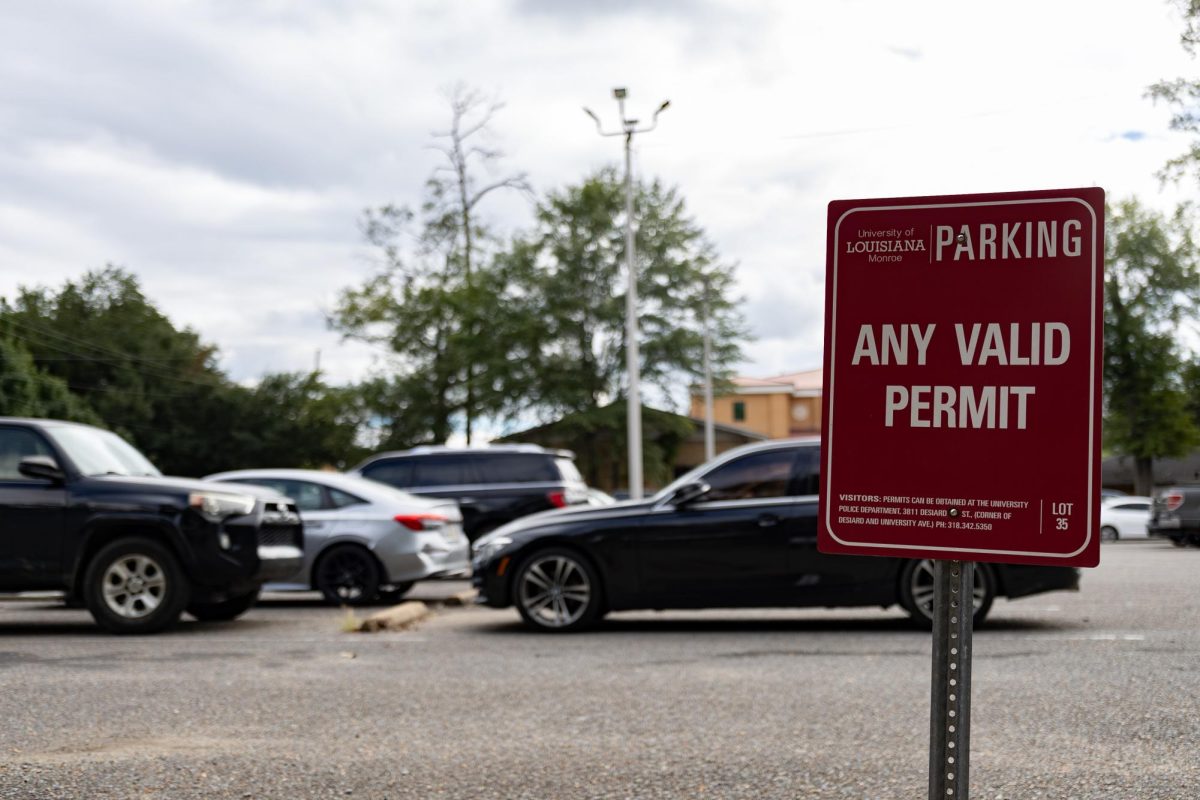Critics have targeted Chappell Roan for her response to a photographer who yelled at her during the VMAs. Her actions prompted supposed fans to cancel her because they thought she should have responded more professionally instead of lashing out.
However, Roan’s fans value parasocial relationships over the pop star’s well-being. Ultimately, their opinions do not matter. She should not face cancellation for speaking up for herself.
Billboard reported that a photographer at the VMAs impatiently yelled at Roan, “Shut the f— up,” prompting her to turn and tell that photographer and say, “You shut the f— up.” Pointing her finger, Chappell Roan then said, “No. Not me, b—-.” People online criticized her for overreacting to the photographer’s comments.
Would you not defend yourself in this scenario? Why shouldn’t Roan tell the photographer to leave her alone? Humans have the
instinct to protect themselves, so Roan should not be criticized for doing so simply because she is a celebrity.
As fans, we believe that we have a right to a celebrity’s time because we emotionally connect with them. This belief is fiction, not fact.
Roan recently became recognized as the next queer icon, gaining her popularity from her debut album “The Rise and Fall of the Midwest Princess.”
Despite contributing to the revival of pop in the music industry, Roan did not receive the same treatment for standing up for herself as other celebrities. Instead of admiring Roan, fans vilified the pop star.
Although I wouldn’t say I like Roan’s music, I respect her for setting boundaries. Our entitlement poses a danger to celebrities’ lives. We tend to think that, as fans, we know celebrities so well despite knowing a persona.
Even before the VMAs, Roan had already enforced her boundaries in the past.
She discussed how some of her fans show a “crazy type of behavior” and expressed her discomfort. It reached a point where she posted on social media to establish her boundaries publicly, saying that she was “not afraid of the consequences for demanding respect.”
“I don’t want whatever the f— you think you are entitled to whenever you see a celebrity,” Roan said, according to Rolling Stone, a music news magazine.
Around campus, students agree that Roan should not be canceled for defending her right to privacy.
“People have normalized harassing and stalking so much that when someone says they don’t want that to happen to them, the public gets angry,” Freshman Venus Talamo said.
Celebrities do not owe fans anything. As people, they should be allowed to behave and act normally without receiving backlash.




